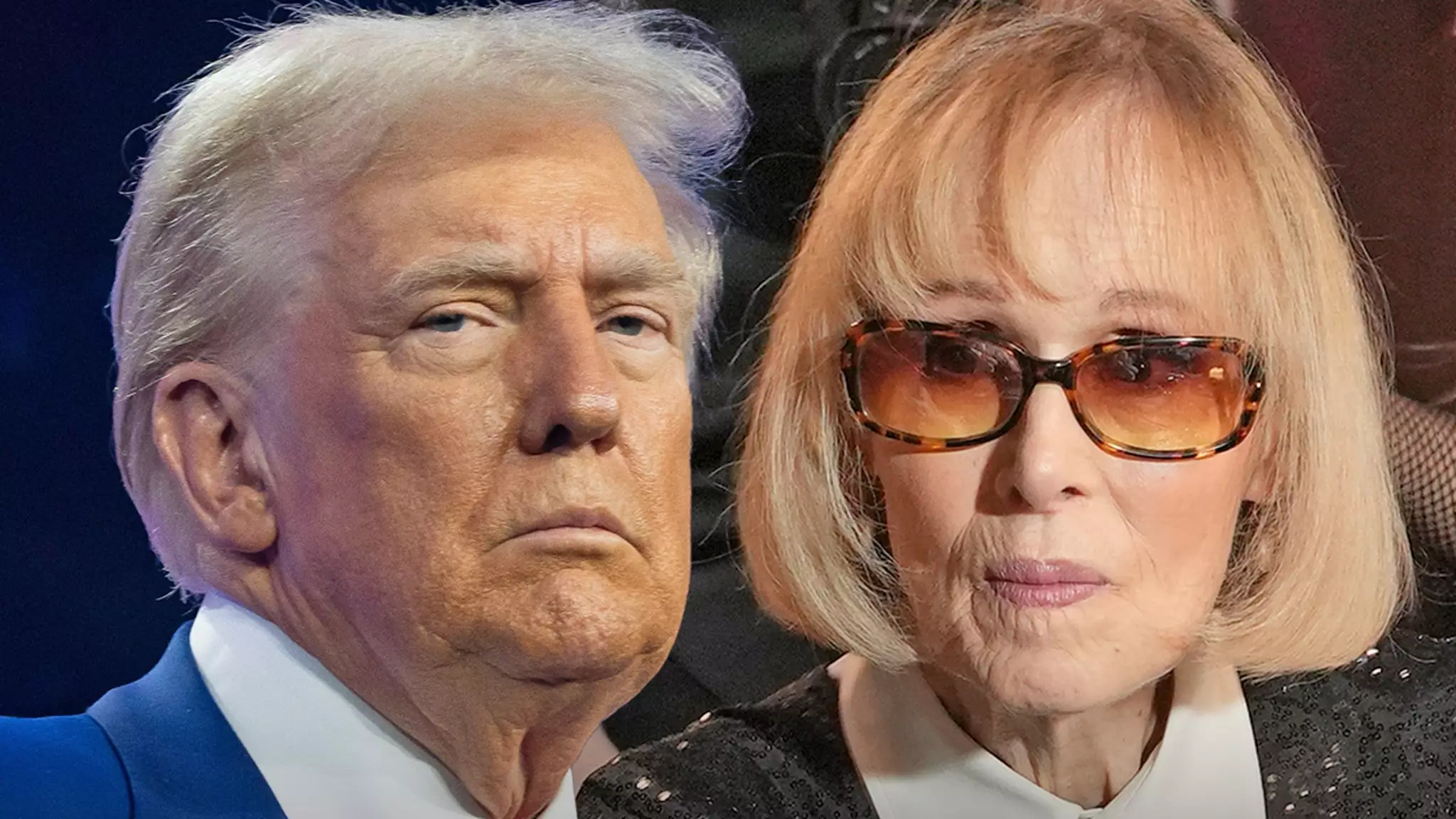Donald Trump has encountered yet another setback in his ongoing legal battles related to the allegations brought forth by E. Jean Carroll. In a ruling announced recently, the United States Court of Appeals for the Second Circuit upheld a jury’s 2023 decision to award Carroll a $5 million judgment after finding Trump liable for sexual abuse. This ruling signifies a reaffirmation of the lower court’s judgment, as the appeals court deemed that the original judge acted within his rights and did not err in his evaluation of the case evidence. Trump’s efforts to secure a new trial were also dismissed, emphasizing the robustness of the evidence supporting Carroll’s claims.
The controversy centers on allegations from Carroll, who accused Trump of raping her in a Manhattan department store’s dressing room in the mid-1990s. The jury ultimately held Trump accountable for both sexual abuse and defamation, but did not find him liable for rape. Despite the jury’s findings, Trump has vehemently denied all accusations, labeling them a “hoax” and part of a broader political smear campaign against him. This verdict comes as part of a larger pattern of allegations that Trump faces, shedding light on the complicated intersection of celebrity, power, and accountability.
In the wake of the court’s decision, Trump’s spokesperson has doubled down on claims of “Witch Hunts” targeting the former president. The narrative crafted by his team presents these legal challenges as politically motivated attacks rather than legitimate legal issues. According to spokesperson Steven Cheung, the American public has re-elected Trump with a significant mandate, and his administration will seek to challenge what he characterizes as unjust legal proceedings. This statement underscores the way Trump and his supporters frame legal accountability as a partisan issue, potentially rallying his base while complicating the discourse surrounding justice and accountability for high-profile figures.
With additional appeals on the horizon, the uncertainty surrounding Trump’s legal environment remains palpable. The ongoing litigation continues to dominate headlines, raising questions about the resilience of the judicial system against political pressures and public opinion. Carroll’s attorney, Roberta Kaplan, expressed satisfaction with the appellate court’s decision, indicating a strong continuing commitment to pursuing justice on behalf of her client. This ongoing legal saga highlights the complexities of addressing allegations against powerful individuals and the varying responses from the public and legal institutions.
The ramifications of this case extend beyond Trump and Carroll. They tap into larger conversations about sexual misconduct, accountability, and the persistent disparities in how powerful figures are treated in the judicial system. The cultural dynamics surrounding victims of sexual assault—especially those facing off against influential men—are pervasive in the discourse, and this case is emblematic of the struggle to confront and dismantle such inequalities. As the public discourse evolves, the outcomes of cases like Carroll’s may influence future societal perceptions and legal frameworks surrounding sexual abuse and defamation.
The recent court ruling against Trump adds another layer to an already complex and contentious narrative, reflecting not only the challenges of individual accountability but also the intertwined nature of politics and the justice system.

